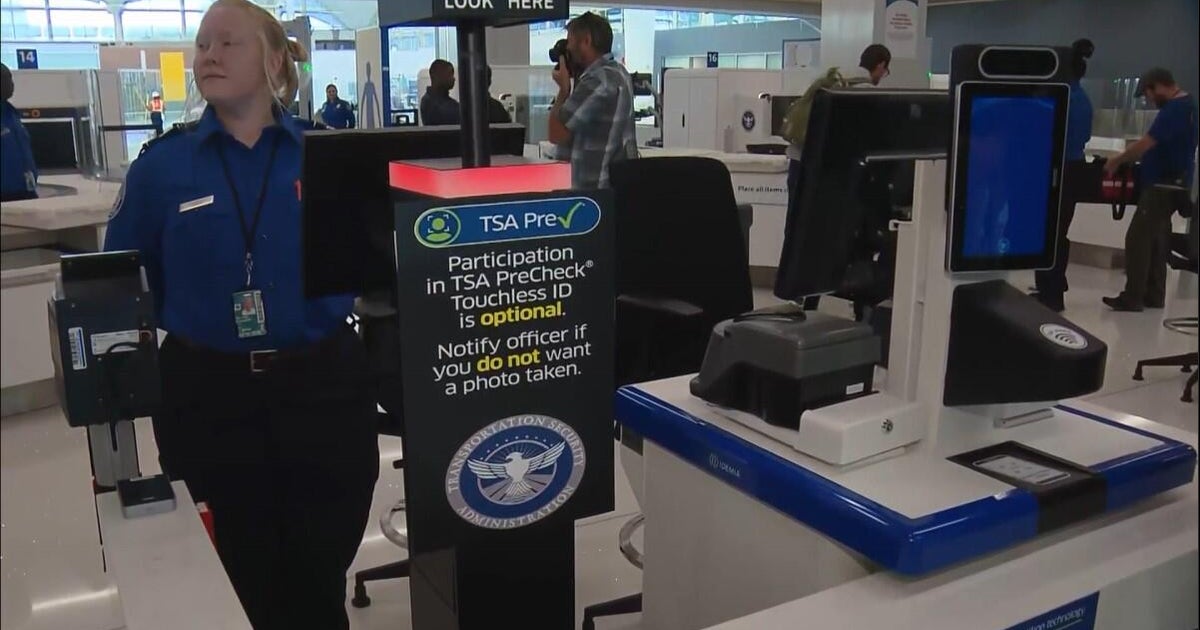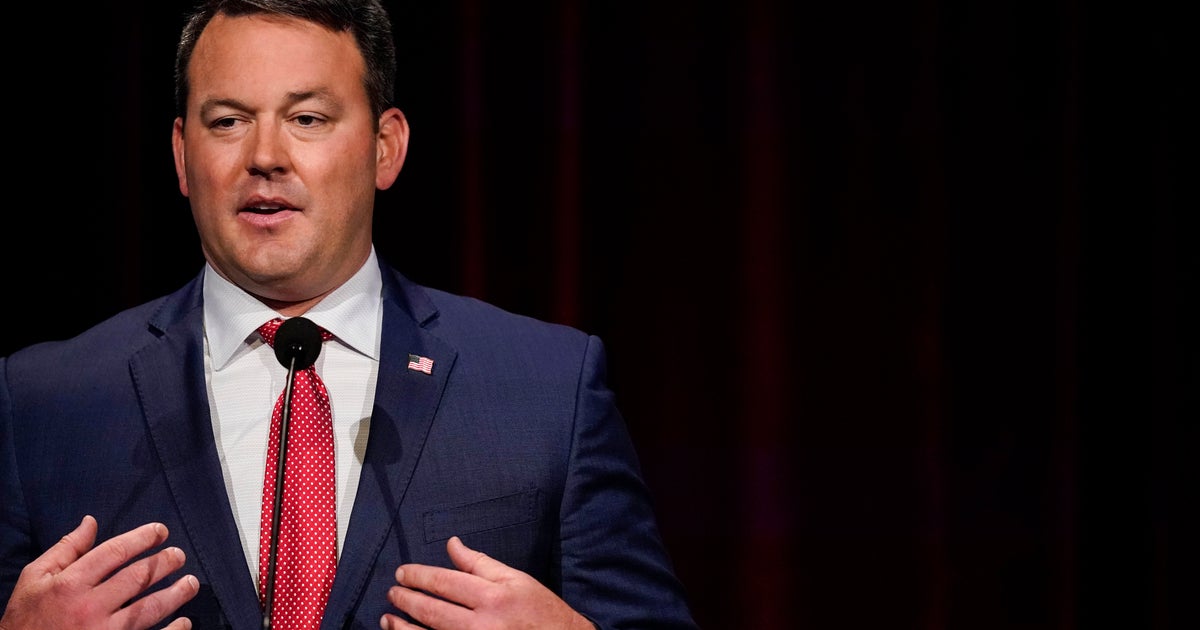Calif. Business Group's Lobby Influence To Be Tested
SACRAMENTO, Calif. (AP) -- A California business group's perennial list of bills it dubs "job killers" used to be a signal for legislation that was unlikely to survive former Gov. Arnold Schwarzenegger's veto pen, but the package of legislation promoted by Democrats could fare better under the new administration of Gov. Jerry Brown, a Democrat.
The California Chamber of Commerce rolled out its so-called "job killers list" last week ahead of the final week for the state Senate and Assembly to pass their own bills before sending them to the other house.
This year's roster names 28 proposed laws the chamber says would hurt the state's economy as it emerges from recession. All are sponsored by Democrats, as has been the case almost exclusively with the hundreds of bills to which the chamber has given its stamp of disapproval over the years.
Many of the 28 bills, which have until Friday to make it out of their house of origin, promote environmental regulation and union-aligned interests -- agendas that the business group says come at the expense of employers.
A bill in the Senate, for instance, would stop restaurants from packing to-go food in foam containers. Another in the Assembly mandates the state Air Resources Board and Energy Commission to adopt policies that would cut the use of traditional fuels in favor of alternative and renewable sources.
Another proposal, SB535, sets aside 10 percent of all money generated from the state's cap-and-trade program to go to poor communities most hurt by climate change. It would dedicate a fund for creating green jobs, addressing the health repercussions of pollution and reducing greenhouse gas emissions.
Sen. Kevin de LeDon, D-Los Angeles, reintroduced the bill this year after his previous attempts were dashed by Schwarzenegger, who vetoed the original bill in 2010.
"I'm feeling very confident," de LeDon said. "We have a new governor, we have a new horizon."
The prospect of a fellow Democrat wielding the governor's pen has breathed new life into some of the Democratic legislation Schwarzenegger previously rejected.
If party affiliation were the only indicator, Brown would sign most of the bills from the chamber's list that make it to his desk, but Brown indicated in his campaign for governor and since taking office in January that he will buck some Democratic interests and weigh legislation on its merits.
Former Gov. Gray Davis, a Democrat, approved 32 out of 44 bills sent to him that the business group deemed "job killers." The rate is much higher than that of Schwarzenegger and former Gov. Pete Wilson, both Republicans, who signed six out of 69 and zero out of 20 of the bills on the list, respectively.
Brown so far has not hued strictly to the party line. His budget proposals have opted to cut spending and shrink government and he has garnered some support for his plans from the business community. The chamber has not endorsed Brown's specific budget proposal, but has signaled support for many of his ideas, including extensions of temporary increases in the vehicle, sales and income taxes for as long as five years if they are coupled with regulatory reforms.
"Governor Brown will evaluate each bill independently and will base his judgment on whether he believes it's good for the state," spokesman Gil Duran said.
That's exactly the approach chamber officials are hoping for.
"I wouldn't bootstrap anything that any other governor has done, to this governor," said chamber President and Chief Executive Allan Zaremberg. "Brown will get greater pressure from his colleagues from the same party, but I still think this governor will make his own determination."
Moreover, he said the chamber cares not just about who is in the governor's seat, but also the extent to which it can dissuade lawmakers from passing bills on the list.
Out of 504 proposed laws the business lobby has blacklisted since 1997, just 133 have made it out of both houses of the state Legislature.
The chamber says many of those bills hurt job growth by placing further demands and restrictions on companies.
Among the other measures the Assembly is expected to take up this week is a bill that would prevent employers from conducting credit checks on applicants. A handful of other bills would make it easier for workers to take time off for medical, family or bereavement leave.
Here are some other bills from the list that are heading to the Legislature's floors this final week:
-- Sen. Mark DeSaulnier, D-Concord, thinks the state's Occupational Safety and Health Appeals has not been living up to its purpose. His bill, SB829, outlines several reforms he says would make the appeals board fairer to employees. It would increase the list of people, such as family members and unions, who can assist workers in filing complaints and appeals. The legislation also would require employers to address workplace hazards even as the appeals board is considering them.
-- SB129 by Sen. Mark Leno, D-San Francisco, would bar employers from discriminating against medical marijuana patients during hiring, firing and nearly everything in between. Bosses could still punish those who let the drug hinder their work, but employees would be able to sue for marijuana-related discrimination. The chamber says it would endanger workplace safety.
-- Health insurance companies would need permission from the state Department of Managed Health Care or Department of Insurance to raise rates under AB52 by Assemblyman Mike Feuer. Companies would be required to explain, in applications available online to the public, factors such as medical expenses, salaries, bonuses and reserves. The Los Angeles Democrat's bill prohibits rate hikes that are "excessive, inadequate, or discriminatory."
-- AB350 by Democratic Assemblyman Jose Solorio of Santa Ana would extend a law that requires new companies that take over building and property service contracts to keep janitors from previous contracts for a 60-day period to 90 days. Solorio's bill would also extend the employment protection to security, landscape, cafeteria and other workers.
-- A pair of bills in the Assembly would expand workers' compensation. Assemblywoman Nancy Skinner, D-Berkeley, introduced AB375 to let hospital employees collect benefits if they acquire certain diseases, infections and chiropractic complications on the job. Legislation by Assemblyman Luis Alejo, D-Watsonville, would prohibit discrimination based on supposed risk factors, such as age, race or gender. In explaining AB1155, Alejo cited the case of a black man who developed hypertension from exposure to toxins on the job but could not get redress because a doctor said his race increased his risk of hypertension.
(Copyright 2011 by The Associated Press. All Rights Reserved.)







